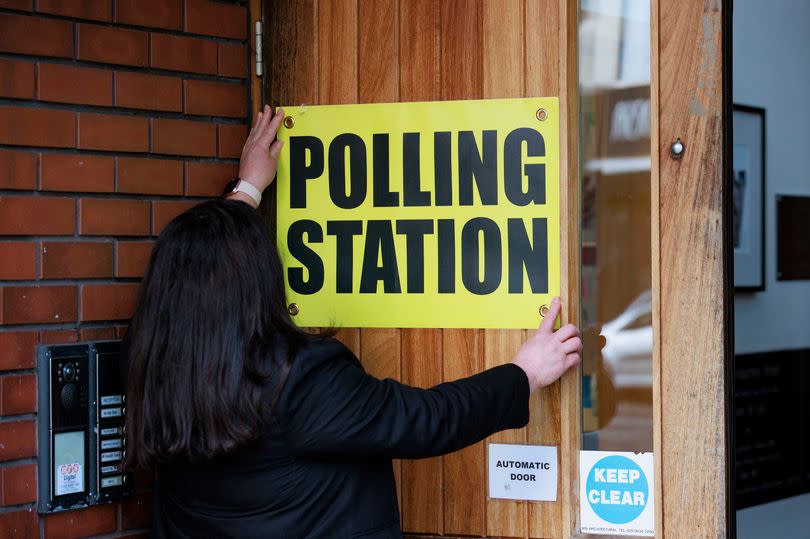The reason UK General Elections are always held on a Thursday

Today, July 4, the nation will be heading to the polling stations to cast their votes for the next Prime Minister in the first General Election since 2019. A lot has shifted since then, including the issues that matter most to voters, but one constant remains - we'll be voting on a Thursday.
Since 1931, every General Election has taken place on a Thursday, making the upcoming vote the 22nd consecutive time this tradition has been upheld. Prior to this, voting could span several days, and there are even instances of different constituencies voting on different days before 1918.
So, why do we vote on Thursdays now?
Read more: Full list of Coventry General Election candidates as people urged to vote
Read more: Join the free CoventryLive WhatsApp community
The answer is rooted more in tradition than regulation - here are some of the most widely accepted theories.
Why does Britain hold general elections on Thursdays?
While there's no legal requirement for elections to take place on Thursdays, the most persuasive reason for this choice is that it facilitates a smooth transition of power. Voting on a Thursday allows for ballots to be counted overnight, with most results available by Friday morning, reports Birmingham Live.
This schedule provides any incoming Prime Minister with the weekend to organise their new Cabinet, relocate to Downing Street, and brief civil servants by Monday morning. Other historical theories suggest social and cultural factors also play a part.
In the era of weekly pay packets, typically distributed on Fridays, it was believed that social activities on this day could impact voter turnout. Additionally, when the church held a significant societal role, Sundays were deemed inappropriate for elections, with concerns that sermons might influence voters.
The rationale behind midweek elections was to distance voters from the sway of pubs or churches. Moreover, historically, Thursdays were market days in many towns and villages, leading to higher footfall and potentially increased voter participation.
When did UK elections start being held on Thursdays?
The last UK General Election not held on a Thursday took place in October 1931. The subsequent election in 1935 fell on a Thursday, and this tradition has continued since.
Prior to this, polling days varied but always occurred on weekdays.
By-elections have also predominantly been held on Thursdays since 1965. A notable exception was the by-election in Hamilton, Scotland, which took place on a Wednesday to avoid clashing with the start of the 1978 World Cup in Argentina the following day.
What are the voting times for the General Election?
Polling stations for the general election will be open from 7am to 10pm across all constituencies, and this year, voters will need to present photo ID. The location of your local polling station will be indicated on your polling card, which you should receive by post.
Get daily headlines and breaking news emailed to you - it’s FREE

 Yahoo News
Yahoo News 
